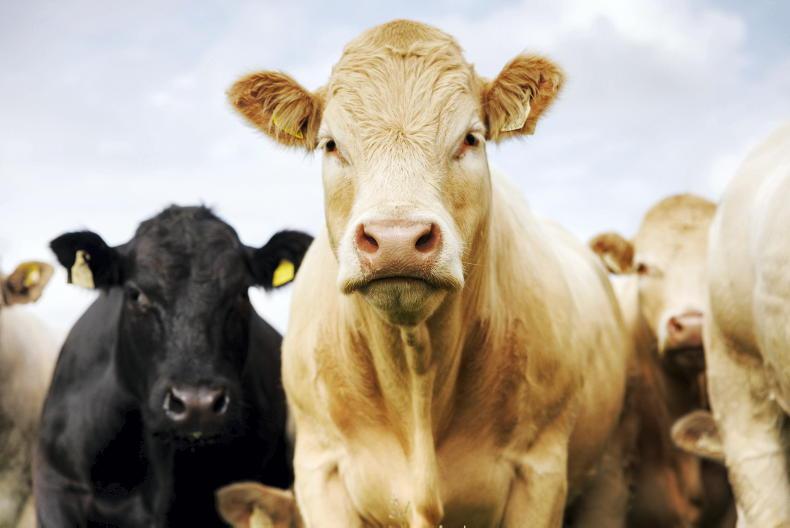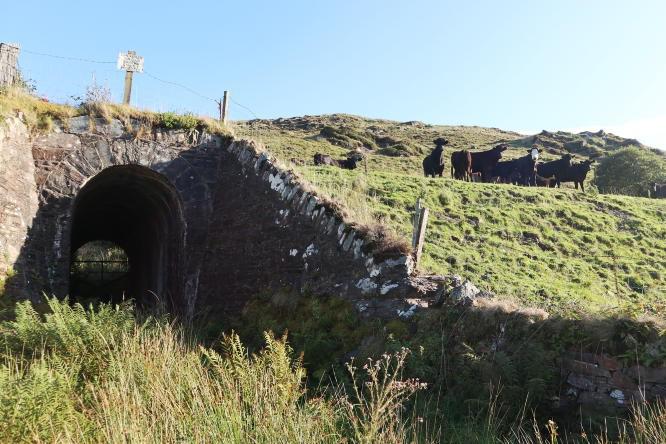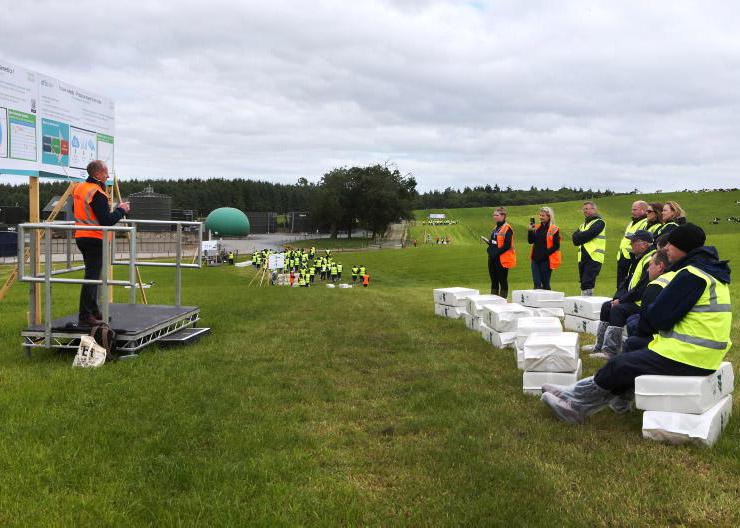Ireland’s greenhouse gas emissions (GHG) fell by 1.9% or 1.19 Mt CO2eq last year, the EPA has reported.
The drop was driven by higher fuel prices, increased renewable energy, behavioural change and regulation, it said.
Agriculture emissions decreased by 1.2%, a drop that was driven by reduced fertiliser use, which offset the impact of an increase in livestock numbers.
Fertiliser
The agriculture reduction of 0.29 Mt CO2eq in 2022 was a result of a 14% cut in nitrogen fertiliser use, to 343,000 tonnes.
The fertiliser drop was significant progress towards the 330,000-tonne target for 2025 in the Climate Action Plan, and resulted in 0.44 Mt CO2eq less emissions from agriculture.
The fertiliser reductions offset the impact of higher dairy cow numbers, which increased for the twelfth successive year.
Total milk production increased by 0.7% last year, with milk output per cow decreasing slightly (-0.2%).
Power and residential
Emissions from power generation fell by 1.9% due to a reduction in coal, oil and peat use and more renewable energy.
Residential emissions fell by 12.7%, which the EPA attributed to higher fuel prices, with new regulations that ban the use of smoky fuel and milder weather also evident.
Transport up 6%
Transport emissions, however, went in the opposite direction, increasing by 6% last year as the COVID-19 rebound continued.
The EPA said that overall higher transport activity - both private cars and freight transport - is eroding the impact of electric vehicles.
Last year, there were 72,000 battery electric (BEVs) and plug-in hybrid electric (PHEVs), which is approximately 37% of the Climate Action Plan target for 2025.
Transport emissions last year were just 4.6% below the pre-pandemic level in 2019.
Overall emissions
The EPA report shows an overall drop of 1.9% in 2022 when compared to 2022.
In all, 60.76Mt CO2eq were emitted, excluding emissions from Land Use, Land Use Change and Forestry (LULUCF).
That means that 47% of Ireland’s national carbon budget for 2021-2025 has been used in the first two years.
“An extremely challenging annual reduction of 12.4% is required for each of the remaining years if Ireland is to stay within the Budget,” it warned.
Laura Burke, director general of the EPA, said: “An overall emissions reduction is welcome, and it is encouraging to see the impact of action across key economic sectors.
“Drivers for this reduction were higher fossil fuel prices and associated behavioural change, more renewable energy, and the impact of regulation such as the nationwide ban on smoky fuels in home heating.”
She added: “While welcome, this decrease in emissions needs to be significantly ramped up. We need faster progress on the actions set out in national climate action plans to decarbonise and transform all sectors of Ireland’s economy, to stay within National Carbon Budgets and reduce our greenhouse gas emissions by 51% by 2030.”










SHARING OPTIONS